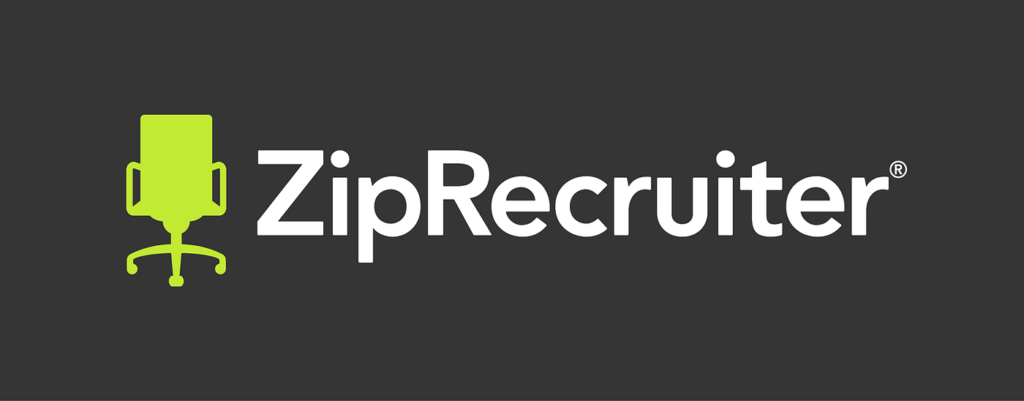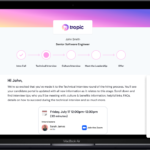HR Tech Funding Falls Off A Cliff To A Three Low

The Money Train Is Coming To A Halt!
According to Crunch Base, HR Tech funding is starting to dry up. As the way people work continues to evolve, the approach investors take to manage the workforce through technology has undergone significant changes over the past year.
In 2021, there was an explosion of venture funding for startups in the human resources sector. Innovative startups in this space secured more than $10.5 billion in over 800 deals globally, according to Crunchbase data, mirroring the trend seen in most sectors during the same period.
Interestingly, the previous year, HR startups also had a successful run, raising over $8 billion in nearly 700 deals, even as the venture capital market started to cool off. However, the last four quarters have witnessed a decline in venture funding for HR tech, with less than $3.3 billion raised, and deal flow slowing down.
In fact, the most recent second quarter marked the slowest period for venture capital investment in the HR tech sector in three years, putting HR tech startups on a trajectory to raise approximately $3.3 billion for the current year.
Additionally, large growth rounds in this sector have become increasingly rare, with only two rounds surpassing $100 million. This year’s numbers have been somewhat inflated due to San Francisco-based HR management company Rippling’s substantial funding round in March, which occurred as a result of its primary banking partner, SVB, collapsing. The company quickly raised $500 million in a Series E funding round, valuing it at $11.25 billion.
Other notable funding rounds this year include Belgium-based Odoo, which provides an integrated suite of business apps developed through an open-source model, raising around $164 million in a round led by General Atlantic in June. Columbus, Ohio-based MentorcliQ, an employee mentoring software platform focused on upskilling and retaining employees, raised an $80 million venture round led by PSG in March.
Anna Barber, a partner at venture firm M13 specializing in “future of work” startups, expressed her lack of surprise about the smaller rounds and extended fundraising timelines across all industries. Still, she believes there are specific challenges within the HR tech sector that contribute to this trend.
One such challenge is the significant wave of innovation the HR tech sector experienced when remote work tools took the spotlight during the pandemic. Barber suggests that because so much innovation occurred then, there is now less investment in the sector.
Crunchbase data supports this, showing that venture funding in 2021 more than tripled compared to 2020. Additionally, the current shift of investor attention towards artificial intelligence (AI) in other tech domains might be another reason for the drop in HR tech funding.
Barber notes that AI has predominantly gravitated toward productivity tools that aid in writing and content creation, rather than HR. With investors becoming more discerning and cautious with their investments, they are likely to favor tech solutions infused with AI.
However, AI does have a role to play in HR. It can assist with recruiting pipelines, interpret new policies and regulations using large language models, and craft responses.
For instance, Santa Monica-based AllVoices, a portfolio company, employs AI in HR departments to efficiently resolve workplace issues through case management. Another example is Redwood City-based Simpplr, which raised $70 million in a funding round in May. They utilize an AI-enhanced platform aimed at delivering personalized employee experiences.
While AI’s impact on the HR space may not be significant yet, its potential is promising.
Aside from AI, there have been bright spots in related areas such as employee benefits, notably in childcare platforms. M13 has invested in Los Angeles-based WeeCare, and these platforms have garnered interest, particularly as more companies offer support and government funding becomes available.
Nonetheless, both funding and other deal-making, such as mergers and acquisitions, continue to be sluggish. According to Barber, there is a current disconnect in price negotiations between buyers and sellers, which may eventually lead to a reduction in valuation multiples. As a result, the secondary market may become more active, ultimately stabilizing prices.











